A new study from the Mixed Migration Centre in Geneva demonstrates that ever stricter migration crackdowns don't work to reduce numbers in the medium to long term, and questions the overall cost of them on migrants' lives but also on European politics and finances.
"The short answer to the question, whether the current [stricter] approach reduced numbers, is yes, it has," explains Roberto Forin, Deputy Director at the Mixed Migration Centre (MMC) and head of the Europe program to InfoMigrants.
"If you only look at numbers over a short period of time, such as the comparison between 2023 and 2024, then the numbers did go down overall," admits Forin. "What we question is how sustainable such an approach is in the long-term or medium long-term?"
In a new study titled 'Beyond restrictions: migration and smuggling across the Mediterranean, the Atlantic and the English Channel', the MMC cautions against adopting a short-term approach and raises the question of what price Europe’s restrictive migration policies come at.
"In terms of both the risk for the migrants involved, but also the financial and political cost for European states, as they have to engage in an increased number of deals with an increased number of countries, often with very questionable human rights records.
"As we speak, the EU has struck deals with Morocco, Libya, Turkey, Niger, Tunisia, Egypt, Mauritania. So, it is working for a short period of time, but it is increasingly costly," Forin points out.
Read AlsoUK government strikes deal with Tunisia to tackle migration
Short-term decreases could just be natural fluctuations
This hasn’t stopped leaders across the European continent -- from Giorgia Meloni in Italy, to Keir Starmer in the UK and the European Commission President Ursula von der Leyen -- from emphasizing how they want to get tough on migration,"smash the smuggling gangs," and reduce the numbers of arrivals, as Forin pointed out in a recent op-ed for the EU Observer.
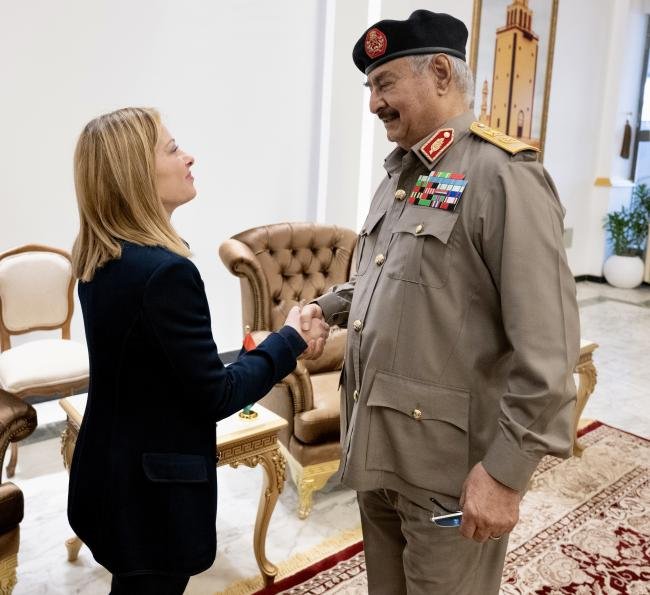
Von der Leyen and politicians in Meloni’s government linked their tougher policies with the reported drop in irregular migration to Europe in 2024. Last year, the Italian government credited its policies, from additional agreements with North African neighbors, such as Libya and Tunisia, as well as policies limiting NGO rescue ships to one rescue before disembarkation, with a more than 60 percent drop in arrivals to Italy in 2024, compared with the equivalent period in 2023.
Roberto Forin warns that migration data can be slippery, as numbers can be used selectively to serve different political aims. Is the state using them to justify a certain political strategy, or to avoid numbers being aggregated so openly? Are the numbers coming from the gatekeeper or the receiving country, and what interest might each have to count a certain number of arrivals?
Put in context, Italy’s much lauded 60 percent reduction was based on the previous year’s figures, but 2023’s dramatic rise in arrivals also occurred under Meloni’s government. A comparison between 2024 and 2022’s arrival figures in Italy demonstrates that, essentially, Meloni’s government brought the numbers of arrivals more or less back to the levels they were at in 2022 under a previous government.
Read AlsoItaly: A year of bold policies to curb irregular immigration
'Demand remains strong'
According to the MMC study, "despite a downturn in arrivals between 2023 and 2024, the demand for irregular migration remains strong."
Forin explains that if you zoom out from a country or route-based focus, where one route or country might be experiencing a drop in arrivals, there might be an increase elsewhere.
Changes in arrival numbers often just represent a "short-term fluctuation," rather than a cast-iron proof that a certain policy is working. The MMC argues that if European politicians do little or nothing to tackle the demand for migration, then restrictive blocks to arrivals will not really do much to change the overall picture in the longer term.
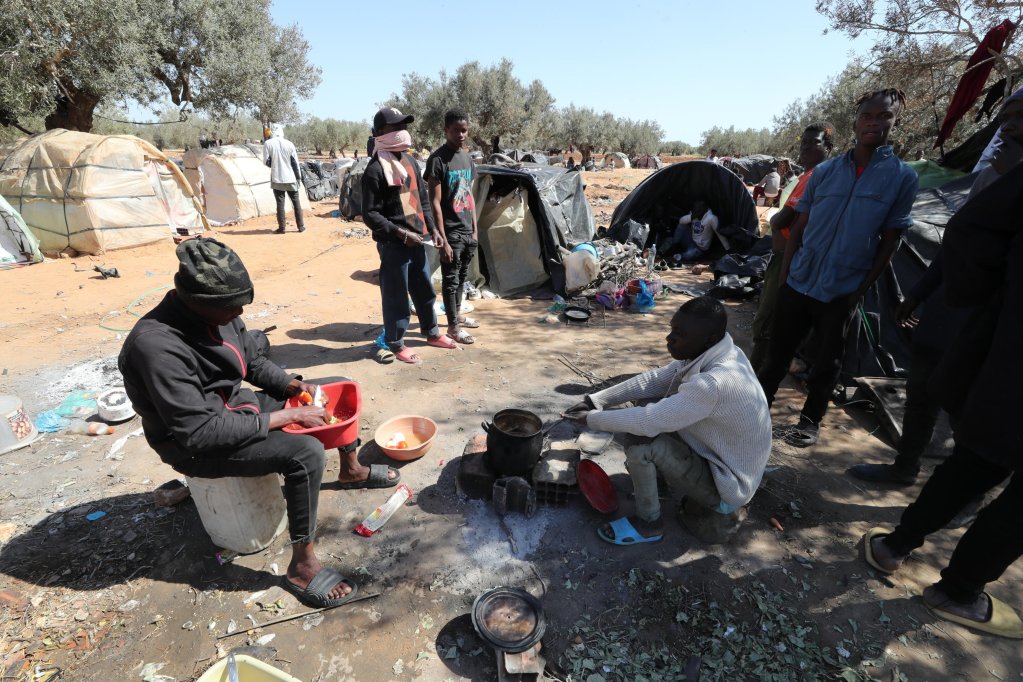
Instead, such policies often push increasingly sophisticated smuggling operations to up their game, to get around the restrictive policies. If the demand for migration is still there, then the gangs generally find a way around an obstacle, even if it might appear effective in the first instance.
According to MMC, the overall drop recorded in 2024 "was aided by decreased movements along the Central Mediterranean routes. However, simultaneously, there were upticks in movements along the Atlantic route, English Channel crossing and Eastern Mediterranean route."
Read AlsoUK and Iraq sign deals to return migrants, combat smuggling
Smuggling networks 'are agile and adaptable'
Smuggling networks "are agile and adaptable, deploying new strategies to circumvent counter-smuggling initiatives instead of extinguishing supply, stricter policies, particularly on the Central Mediterranean route, English Channel and Atlantic routes, have resulted in increasingly adaptive and professionalized smuggler operations, and eventually made their business more lucrative," the MMC notes.
Forin refers to an earlier study in 2019 comparing the effectiveness of the war on drugs and efforts to curb irregular migration in the Americas. In both those situations, he explains, there is a question of supply and demand.
"If you compare the result of the increasingly restrictive and securitized approach to the war on drugs, you can see it didn’t work. An increasing number of experts called for the demand side to be tackled. We think the same thing would apply to irregular migration.
"Only tackling the supply, which in this case is the smugglers, doesn’t work. The networks become increasingly sophisticated to get around the restrictions, and whenever there is new demand, there will be either old or new actors who can spring up to meet this demand."
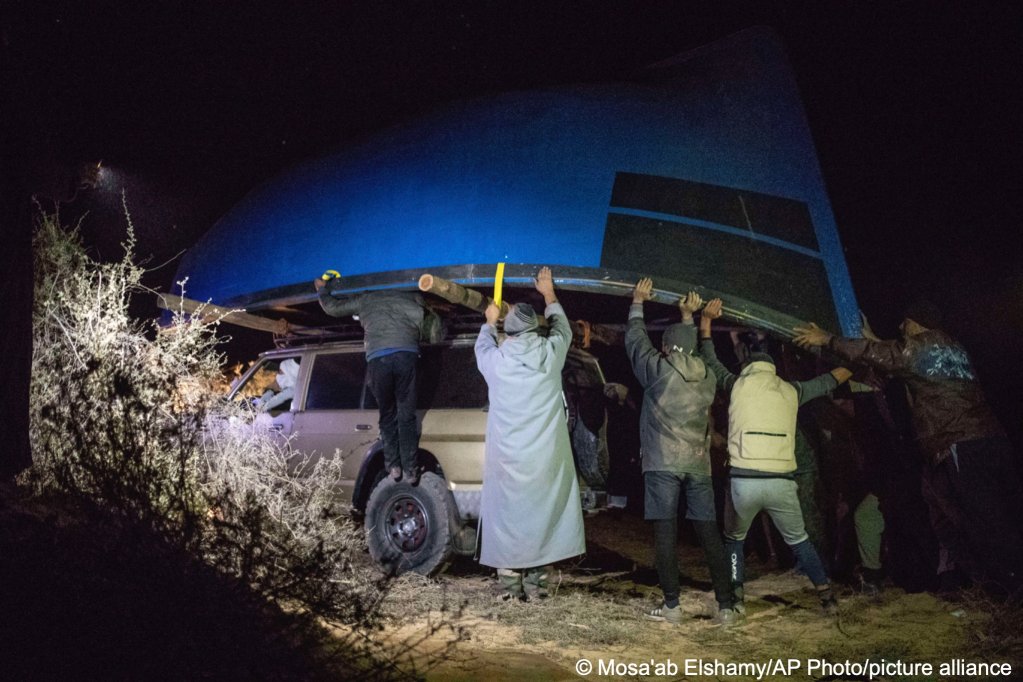
As an example, Forin describes Senegalese fishermen who sometimes turn to smuggling to supplement their income. When a route becomes more popular, larger, more sophisticated networks take over. This, thinks Forin is "indicative of how resilient the market is."
Read AlsoChannel: Britain and France sign another 'road map' amid increase in migrant arrivals to UK
Restrictive policies have little effect on migrant decisions to embark
The study also found that drivers of migration were often so strong, that restrictive policies didn’t have much effect on whether or not someone would decide to leave home. Some migrants, the study found, were aware of some of the risks and some of the obstacles they might face but would normally embark on the journey anyway.
Forin says that this demonstrates that most migrants who make it to Europe are essentially natural born risk takers. "They are either so desperate or determined to take the journey, that there seems to be very little that can be done to change their minds."
Many of the recent restrictive policies have centered around cracking down and "breaking" the smuggling networks themselves. Forin thinks that in the short term, this can have an effect on things, but often means that the routes just move rather than completely go away.
He underlines that many smugglers are responsible for "horrible crimes against migrants, kidnapping for ransom for instance," and that the MMC is not calling for a "softer approach towards smuggling," but instead thinks the approaches could be more efficient.
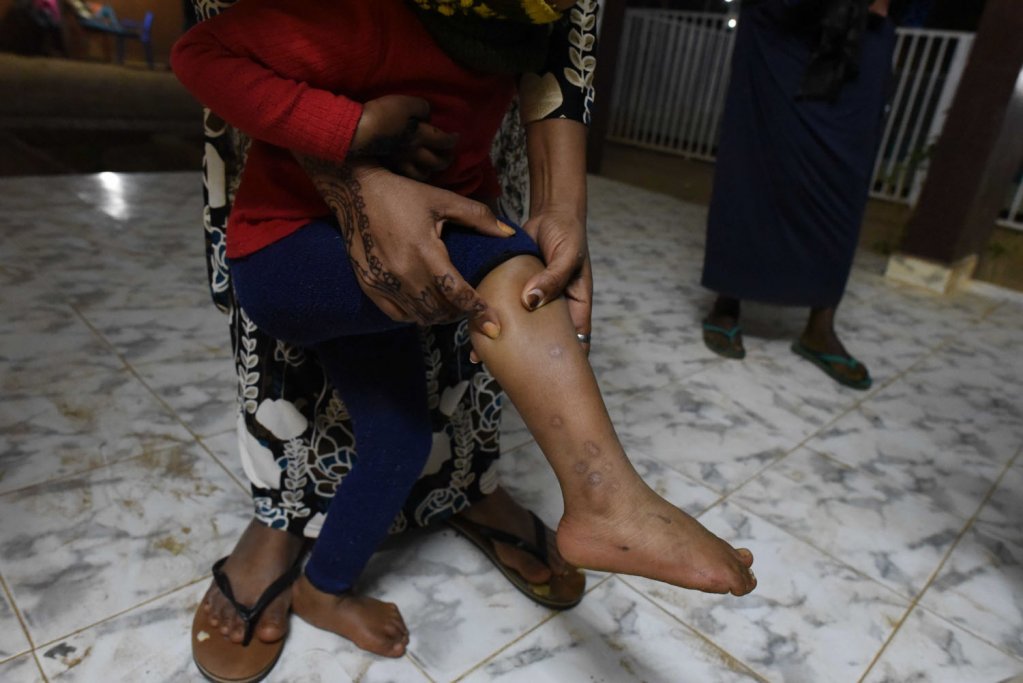
For instance, most smugglers are not driving the boats, because it wouldn’t make sense, he explains. "If you know there is a risk of being caught, would you drive the boat?" he asks rhetorically. This essentially means that many of the prosecutions of boat pilots don’t really target the smuggling networks themselves, and definitely not the big figures orchestrating the operation.
Read Also
Three suspected smugglers arrested in Iraqi Kurdistan as UK and Iraq sign new migrant return deal
Pirating highlights desperation of some migrants
The report highlights incidences of "pirating" on the Channel coast. This is often carried out by Sudanese migrants, who the researchers found just don’t have the financial resources to pay the smugglers, and so try and jump on smugglers' boats at the last minute as they are about to leave, potentially adding the confusion and chaos that already accompanies these situations.
"We don’t yet have enough data to estimate the specific phenomenon on crossings," explains Forin, but he underlines that these instances underline the "absolute desperation," shown by many migrants and the lengths they might go to in order to make the crossing, in spite of the risks.
Since the beginning of January this year, 6,977 migrants have crossed the Channel in small boats up to March 29.
Although still limited in nature, Forin believes this shows that the increased spending by the British and French authorities has not really impacted the demand on the Channel, and if anything, the numbers crossing have increased in line with the more restrictive policies.
"If you do nothing to address the demand, but just constantly try and cut the head off the snake, there will probably be another snake coming," says Forin, using an analogy.
Read AlsoAn Ivorian mother's distress after her daughter's death on the road to Europe
Migration as a bargaining chip
There study also found that once you start to examine the kinds of agreements that the EU has made with various third country states and transit states to try and stop smuggling you begin to see a pattern.
Migration, says Forin, is essentially "used as a bargaining chip" in these negotiations. Europe generally has a strong interest in reducing migration, and the other parties are the "gatekeepers." Forin thinks that it is obvious that the gatekeepers will try and push their advantage and potential use to Europe in these negotiation, which means as well as helping to reduce smuggling, they have to first show how essential they might be, thereby at least temporarily allowing smuggling to flourish in these places.
For a more effective European policy in the future, the MMC recommends a more "holistic approach", similar to one implemented by the Biden administration in America, now shelved by President Trump. This would be to combine safe routes and a number of different options for migrants in transit countries and source countries that invite them to turn away from even attempting an irregular route into Europe.
Read AlsoMorocco, a reference point for EU on migrants and fight against terrorism
Growingly hostile regimes in North Africa
Forin points out that many of the agreements between the EU and countries on the African continent have in fact led to harsher regimes in those countries towards migrants, who are often third-country nationals. Tunisia, Libya, and most recently Mauritania are prime examples. This is pushing a greater number of people, not fewer, to attempt the route, if only to escape increasingly hostile regimes in North Africa, where Europe looks even more like somewhere where their lives can improve.
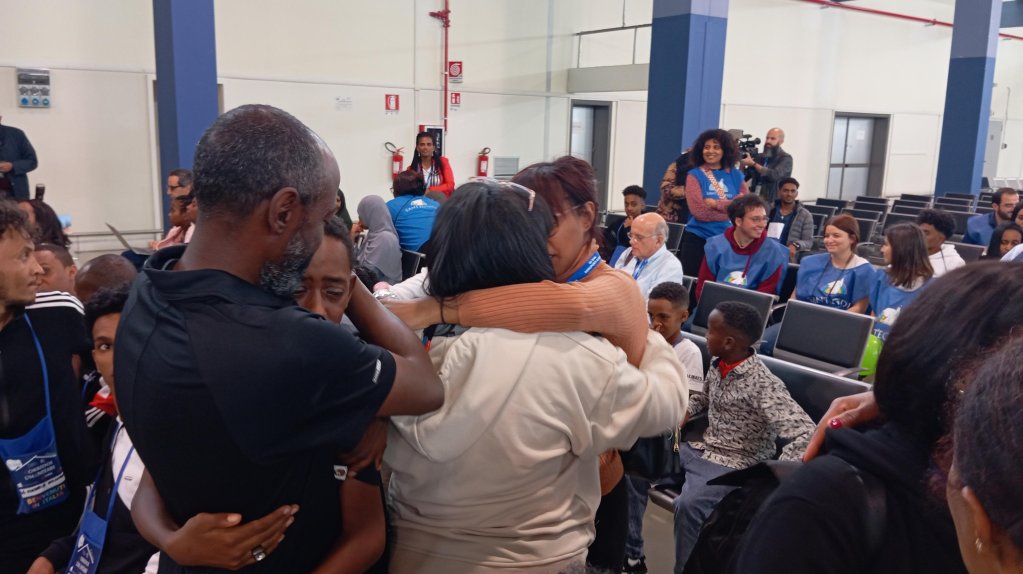
While establishing a direct causality of this dynamic is complex, Forin believes the evidence suggests this trend is real and is again not helpful to Europe in the long term.
"We are trying to call for a wider mix of options, to allow more people to go for another alternative to an irregular journey, or to get them to decide to stay or return. This has the potential to negatively impact the business model of smugglers, in the longer term," he explains. This could prove much less costly for Europe too.
Forin advocates for putting human rights at the center of all deals. Setting up an ombudsman or monitoring system would help improve the situation for migrants in transit countries. He points to the EU’s deal with Tunisia, where Europe was offering a "significant economic package to a country that is desperate for economic support." Forin believes that a respect for human rights could have been put more front and center in that deal.
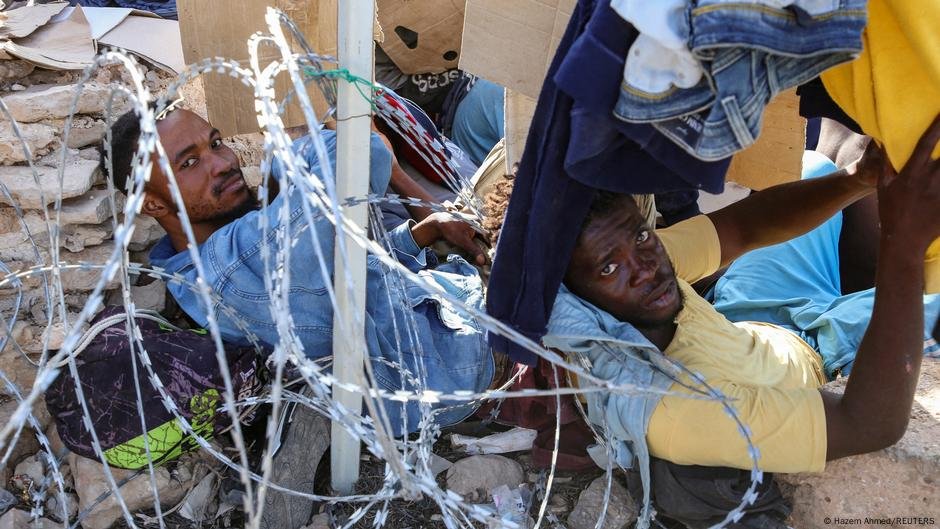
InfoMigrants spoke to Roberto Forin on March 25, 2025
